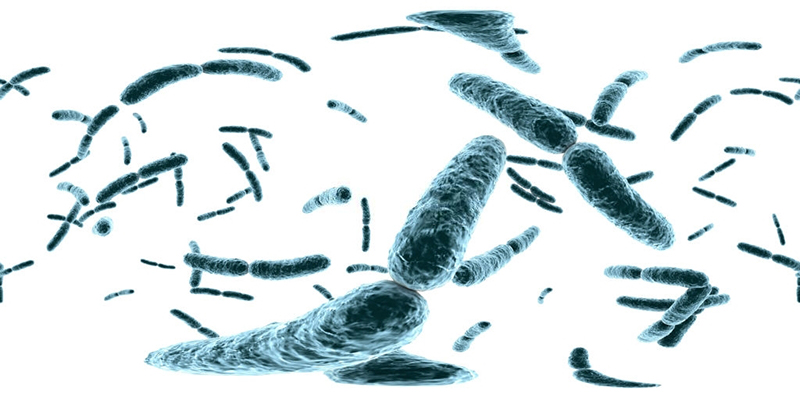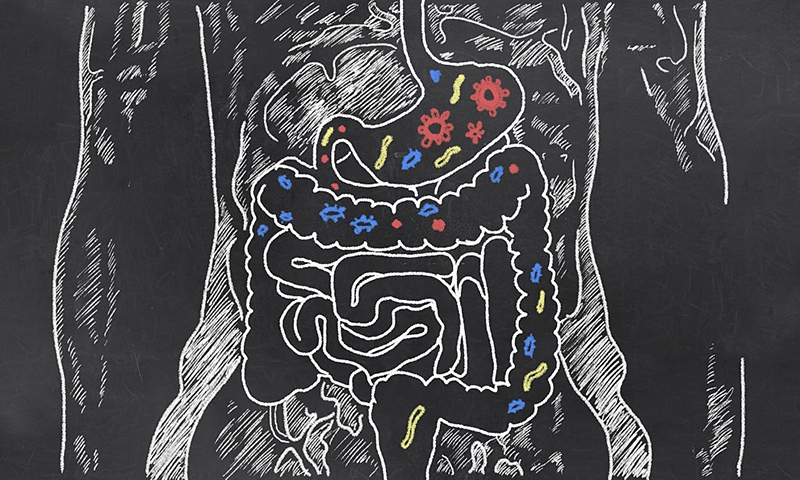Diagnosis
The presence of the following symptoms can be used to diagnose C. difficile infection: probioticseverything.com probiotics c diff associated diarrhea
Diarrhea
Other C. difficile infection signs and symptoms
C. difficile was found in a stool sample. probioticseverything.com probiotics c diff associated diarrhea
C. difficile infection should not be examined in people who have regular, formed stools. It is not necessary to have taken antibiotics recently to diagnose C. difficile infection. probioticseverything.com probiotics c diff associated diarrhea
Stool examinations
Your doctor will order one or more laboratory tests on a stool sample if C. difficile infection is suspected. Toxins or bacteria strains that produce toxins are identified in these assays.
Examination of the colon
Your doctor may inspect the inside of your colon in rare cases to assist confirm a diagnosis of C. difficile infection and rule out other possible explanations of your symptoms. A flexible tube with a small camera on one end is inserted into your colon during this test (flexible sigmoidoscopy or colonoscopy) to look for areas of inflammation or abnormal tissue. probioticseverything.com probiotics c diff associated diarrhea
Tests of imaging
If your doctor is concerned about C. difficile infection consequences, he or she may prescribe an abdominal X-ray or a computed tomography (CT) scan, both of which produce images of your colon. The scan can reveal whether or if there are any issues, such as: probioticseverything.com probiotics c diff associated diarrhea
Colon wall thickening is a condition in which the colon wall becomes thicker.
Bowel enlargement is a condition in which the intestines grow larger.
A hole (perforation) in your colon’s lining. probioticseverything.com probiotics c diff associated diarrhea
Treatment
Only if a person shows signs or symptoms of infection is a treatment used. People who have the bacteria but aren’t unwell aren’t given any treatment.
Antibiotics
If your C. difficile infection is linked to an antibiotic you’re taking, your doctor will most likely stop prescribing it. In many cases, however, antibiotic treatment is required to treat a secondary infection. A different antibiotic may be prescribed by your doctor, one that is less likely to contribute to diarrhea caused by C. difficile infection. probioticseverything.com probiotics c diff associated diarrhea
Antibiotics are the first line of defense against C. difficile infection. Antibiotics that are commonly used include: probioticseverything.com probiotics c diff associated diarrhea
Fidaxomicin (Vancocin HCL, Firvanq) Vancomycin (Vancocin HCL, Firvanq) (Dificid)
To treat a significant C. difficile infection, metronidazole (Flagyl) can be used with vancomycin.
Surgery
In some circumstances, surgery to remove the diseased part of the colon may be required, such as:
Severe discomfort
Failure of one or more organs
Megacolon of Toxic
Inflammation of the abdominal wall lining
Recurrent infection treatment
About a quarter of persons who have been treated for C. difficile infection become ill again, either because the illness never went gone or because they were reinfected with a new strain of the bacteria. With each C. difficile infection episode, the risk rises until it reaches 50% after three or more infections. probioticseverything.com
You have an increased chance of recurrence if:
You are over the age of 65?
While being treated for C. difficile infection, you are taking other medications for a different disease.
Have a serious medical condition, such as chronic kidney failure, inflammatory bowel disease, or chronic liver disease?
The following strategies may be used to treat recurring illness.
- Antibiotics. For recurrent infections, antibiotic therapy may include one or several courses of medication. The medications are frequently not the same as the antibiotics that were previously utilized. Each consecutive recurrence reduces the efficiency of antibiotic therapy.
- Antibody-based therapy is a type of treatment that involves the use of antibodies. Bezlotoxumab (Zinplava), a human antibody against the C. difficile toxin B, has been demonstrated to minimize the incidence of recurrent C. difficile infection in people at high risk.
- Transplantation of feces microbiota (FMT). FMT is a new medication that has been explored in clinical trials for many recurring C. difficile infections. FMT has not been approved by the US Food and Drug Administration, although it is allowed to be used as an experimental therapy for C. difficile infection. You must sign an informed consent form detailing the procedure’s benefits and hazards. A stool transplant or an intestinal microbiota transplant are other names for FMT.
Using specialized tubes put through your rectum, FMT replaces healthy intestinal bacteria by placing another person’s (donor’s) faeces in your colon. Before being utilized for FMT, donors are evaluated for medical issues, their blood is analyzed for infections, and their faeces are thoroughly screened for parasites, viruses, and other infectious microorganisms.
FMT, when performed one or more times, has a success rate of more than 85% for treating recurrent C. difficile infections, according to research.
- Probiotics. Probiotics are microorganisms found in supplements or foods that help to maintain or improve the “good” bacteria in the body. These products’ role in C. difficile infection is debatable. Current products haven’t consistently demonstrated to be effective in preventing or treating C. difficile infection, according to research. Advanced probiotics are being researched for their possible utility in the treatment or prevention of C. difficile infection, although they are not yet accessible.







